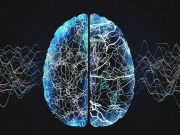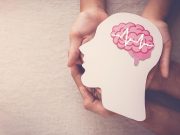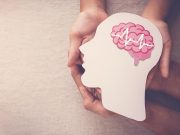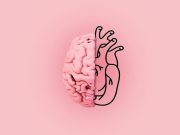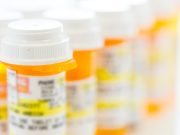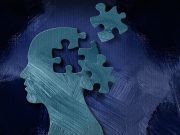Tag: Epilepsy
Use of Parallel Transmit 7T MRI Changes Management for Epilepsy Surgery
Lesions were better visualized on pTx than circularly polarized MRI in 57 percent of cases and were never better visualized on circularly polarized MRI
Graph Neural Network Can Detect Epileptogenic Focal Cortical Dysplasia
Positive predictive value was higher with MELD Graph compared with existing baseline algorithm
Cumulative Epilepsy Risk Higher After Neonatal Seizures
Highest risk for epilepsy seen for seizure etiologies of neonatal cerebral infarction, hemorrhage, or malformations
Offspring of Women With Epilepsy Experience Decreased Bone Metabolism
Exposure to more antiseizure medications also tied to additional issues
Simple Congenital Heart Diseases Tied to Higher Epilepsy Risk
Risk highest for those born with patent foramen ovale, but risk decreases with closure surgery
Epilepsy Associated With Poor Brain Health
In longitudinal analysis, epilepsy population had elevated risk for neurological diseases and psychiatric disorders
Epilepsy in Children Linked to Lower QOL and Caregiver Strain
Association seen for frequent seizures, emergency transport, longer epilepsy duration with poorer QOL in children, caregivers
AI Performs Well in Identifying Infantile Epileptic Spasms
Findings based on smartphone home videos from children younger than 2 years
Poststroke Epilepsy Risk Varies With Antihypertensive Treatment
Risk for PSE was lower for patients treated with ARBs and higher for those receiving calcium channel blockers, beta-blockers
People With Epilepsy Have Higher Likelihood of Cognitive Impairment
Depressive symptoms, anxiety seen across patient groups referred to Austin Hospital First Seizure Clinic


